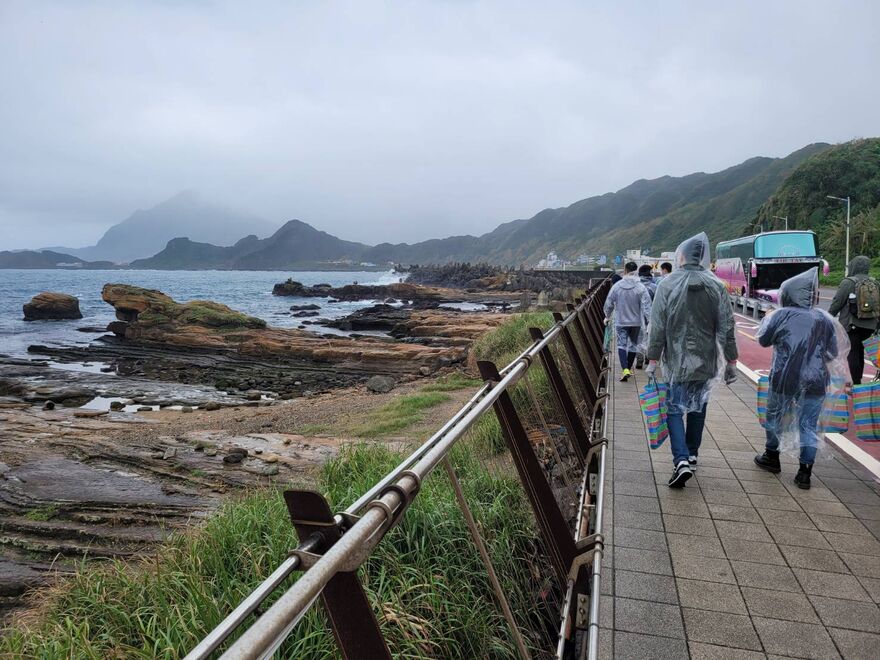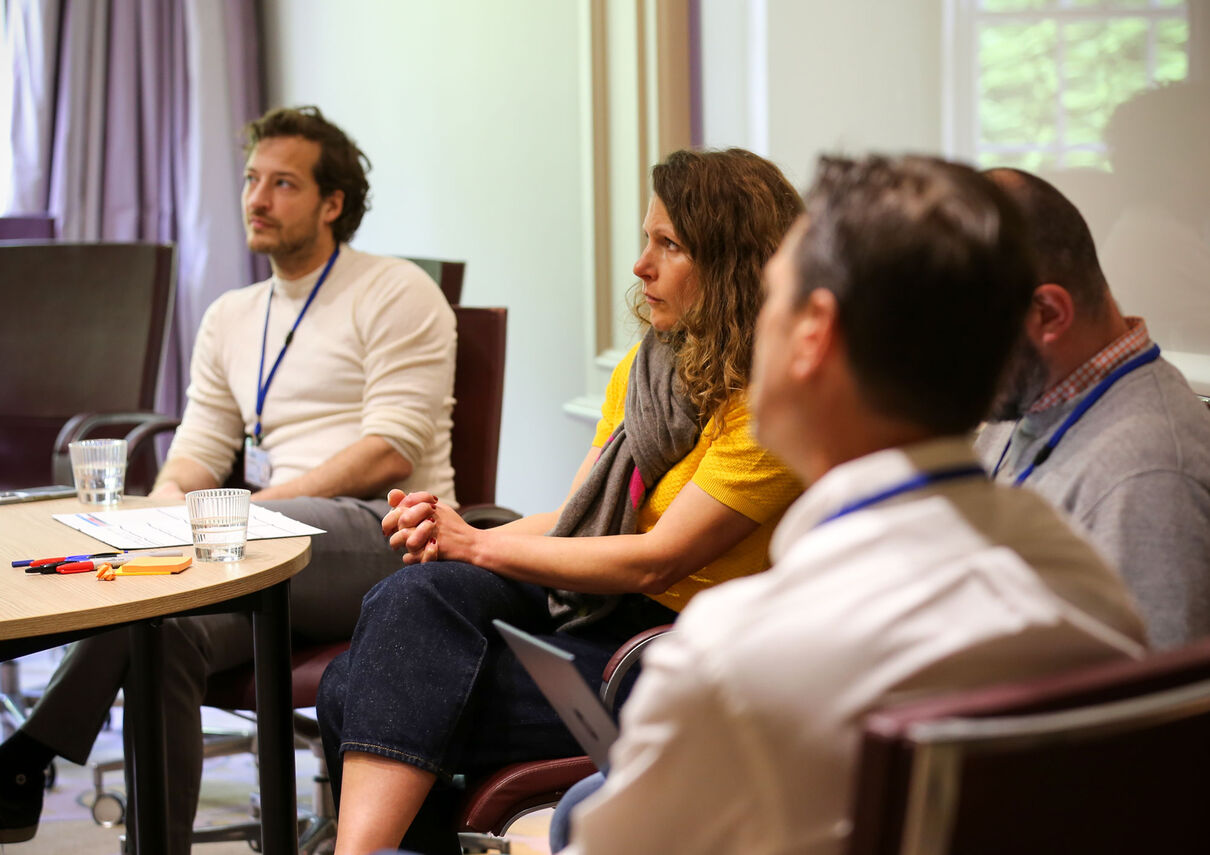
Planet
We recognise our responsibility to minimise our impact on the planet and are taking real action.
Whilst we are not a large emitter of greenhouse gases, we are responding to our stakeholder demands as a responsible business to reduce our impact and have set long-term targets to do this.
Our Sustainable Studios programme, aimed at supporting our studios in their efforts to minimise greenhouse gas emissions and reduce environmental impact, has started to roll out a number of initiatives focused on implementing the Group's Environmental Policy guidelines on energy consumption and waste reduction. Amongst these, based on the information gathered in our first Group-wide environmental assessment of all studios, which showed a good level of adherence to best practices across many studios, the highest priority has been given to switching to renewable energy sources wherever possible.
In several countries, including Spain, Japan, Australia, the UK and Italy, most studios are now on 100% renewable electricity, and the USA and Canada also are increasing the percentage of energy conversions.
We recognise that significantly reducing our carbon emissions will take time and that the plans will need to evolve and adapt in the future in response to both challenges as well as new opportunities. Therefore, in the path to reaching our goal of achieving net zero carbon emissions ahead of 2050, we have built a transition plan with near-term actions to 2025 aligned with the longer-term target of reducing by 50% our carbon emission intensity ratio by 2030 (tonnes of CO2e per revenue €m).
During the year, we have implemented and are currently in the process of deploying a new carbon accounting system, integrated in our global finance system. Starting from the 2024 reporting period, all data will be collected, analysed and reported through the new system module, greatly enhancing the quality and quantity of information at our disposal.
In 2023, the Group fully offset its 2022 Scope 1 & 2 emissions across two projects. The Luangwa Community Forests project in Zambia conserves over one million hectares of forest in the Luangwa River’s undammed catchment area, providing a near continuous wildlife corridor between five national parks and working in unison with Community Resources Boards and Village Action Groups. We have also acquired and retired offsets relating to the Katingan Restoration and Conservation Project, Indonesia which protects and restores 149,800 hectares of high conservation value ecosystems that would have otherwise been converted to fast-growing industrial timber plantations.
Developments in our Sustainable Studios initiative have focused on driving our environmental commitment forward and helped to ensure we have maintained the levels of emissions efficiency established during the pandemic. These initiatives will continue to develop the Group’s sustainability by identifying practical changes that we can implement and measure against targets.
This has seen the overall number of studios that are on renewable energy tariffs globally grow by 50% to 24, from 16 in the previous year, and has brought a significant increase in avoided carbon emissions.
Despite the increased number of studios on renewable tariffs, during the year, we saw a 21% increase in our Scope 1 & 2 emissions (market-based), due to both the growth of the business and number of locations, and changes in working patterns in certain locations as more employees worked from offices in locations with high emission factors, such as Poland. Our total energy consumption grew by 11%, lower than both our revenue and our headcount growth in the equivalent period, demonstrating the efficiencies we are beginning to see in the Group.








